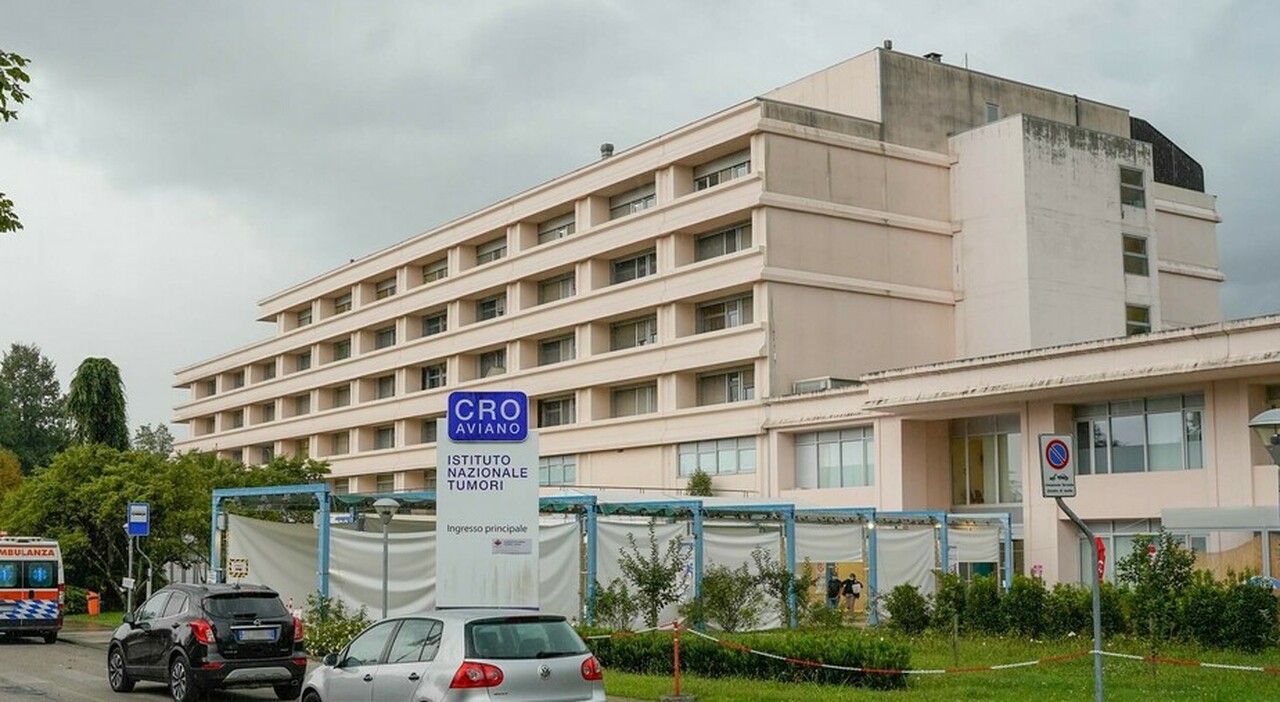AVIANO – If you don’t consider the age ranges, but the total of the sample, the data is a flash. Clear enough to stand on its own, even without explanations attached. Those not vaccinated against Covid and with a history of cancer behind them risk dying ten times more than cancer patients who have correctly undergone vaccination prophylaxis. And we talk about dying of Covid, not “with” Covid. Then of pneumonia, without air, attached to a respirator until the last seconds of life.
If, on the other hand, we consider age differences, the risk of not making it is triple for the unvaccinated. The studio, first in Italy and among the first in the world, is signed by Cro di Aviano. And the publication in Cancer epidemiology, the most authoritative scientific journal in the sector, will soon follow. “A work that finally clears the field of doubts: with vaccines lives are saved”, explains the author of the publication, the director of oncological epidemiology of Cro Diego Serraino, also removing a few pebbles. At the same time, however, an alarming fact emerged from the study: 20.5 percent of the swab-positive cancer patients who formed the sample were not protected.
THE NUMBERS
It’s all contained in the statistical yearbook of Aiom, the Italian Association of Medical Oncology. The study was commissioned by the “zero” company of Friuli Venezia Giulia and the results were presented by the Minister of Health Orazio Schillaci. Thanks to a database treated in detail by the Region, Cro scholars managed to trace the results of the swabs administered to 725,475 people residing in Fvg. Among them, 41,468 had – documented – an oncological history behind or present. . Among these cancer patients, 8,373 (20.2%) tested positive for SARS-CoV-2 infection at least once, while 33,095 always tested negative (79.8%). Subsequent statistical analyzes concern the 8,373 positive patients (79.5% vaccinated and 20.5% unvaccinated). And here we have come to the data that highlights the effectiveness of the antidote against Covid. In Friuli Venezia Giulia, among those positive for the infection, 6,656 were vaccinated and among these, 275 died (4.1%); among the 1,717 unvaccinated, there were 742 deaths (43.2%). This is without considering age groups, while mediating between the much higher probability of death among the over-80s and the lower among young people, we arrive at a triple risk for those who have chosen not to get vaccinated.
THE MESSAGE
«If we consider the difference between an unvaccinated cancer patient and one who instead has also received the so-called third dose – explained Professor Serraino -, the difference is even wider: a patient with the booster risks five times less. The analysis – continued the Cro di Aviano scholar – demonstrated in an absolutely transparent way the importance of vaccination in the population with a history of cancer. Such a simple product to administer has saved many lives. And several studies also confirm that the vaccine, in cancer patients, also greatly reduces the likelihood of ending up in hospital due to Covid. We’re talking about pneumonia here, not some fever line. Let’s imagine a patient with lung cancer, so his organs are already damaged. Think about the effect of lung inflammation in that context.”
AFTER THE COVID
Also in Friuli the pandemic has had the effect of slowing down the prevention and diagnosis of cancer. For example, data on prostate and breast cancer are available, which in 2021 were 900 and 1,200 respectively.
